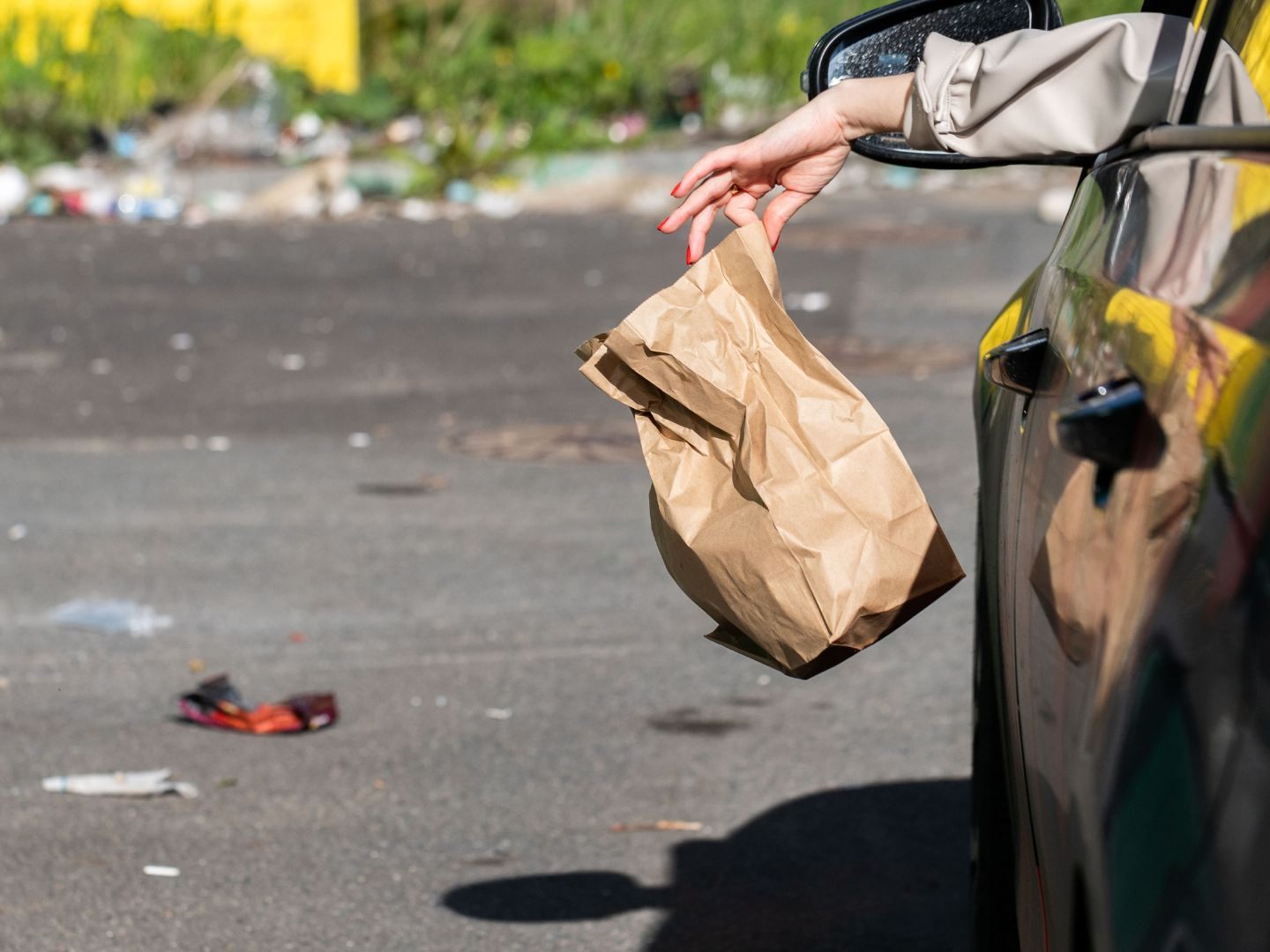Survey Shows: Every Second Person Has Already Littered

Cigarette butts, plastic bags, and drink cups are among the waste most frequently carelessly discarded. Around 15,000 tons of waste accumulate annually on streets, squares, and in nature, according to the "1st Austrian Littering Report" presented in Vienna on Wednesday - the annual waste volume of a small town with 30,000 inhabitants, which municipalities and volunteers then have to collect.
15,000 tons of waste are carelessly discarded annually
"Littering" refers to the act of discarding or leaving small waste items in the environment. According to a survey for the report, such behavior is among the biggest everyday annoyances for the population. At the same time, almost every second person has already contributed to it themselves.
Among the products examined, cigarette butts most frequently end up in the environment - according to the report, around 183 million pieces are cleaned up by others each year. Following that are bags and foils with around 62 million pieces, as well as 13 million drink cups and eleven million food packages. These are estimates based on documented "littering" quantities, with the actual numbers being much higher, it was emphasized: The Environment Agency Austria assumes that at least three billion cigarette butts are improperly disposed of annually. A deposit has been in place for plastic bottles since this year to reduce their frequency of being discarded, "because these containers were also among the most frequently littered plastic packaging," according to experts.
Majority annoyed by environmental pollution
The Market Institute surveyed 2,096 people on behalf of the initiative "Austria Collects." More than eight out of ten people are "very" or "somewhat" annoyed by litter on streets or in nature. Nearly a third have the impression that littering has increased. However, 49 percent have themselves carelessly disposed of waste at some point - mostly chewing gum (46 percent), cigarette butts (39 percent), or food scraps (35 percent). In any case, two-thirds believe that not enough is being done against "littering."
When others do it, it is mainly said that the perpetrators are indifferent or lazy (72 percent each, multiple responses), followed by ignorance of the consequences (50 percent) and poor upbringing (48 percent). When talking about one's own behavior, however, it is about a lack of waste bins, carelessness, or situations where it "just happens."
"The emptying of public residual waste bins and manual street cleaning - that is, the collection of littered waste - costs cities and municipalities around 200 million euros each year," said Ferdinand Koch, Managing Director of the Association of Public Waste Management Companies (VÖA), as quoted in the press release. The report demonstrates the great need for action, said Andreas Pertl, Managing Director of the Packaging Coordination Office and spokesperson for "Austria Collects." Four countermeasures are proposed: education, attractive reusable alternatives, improved disposal infrastructure, and "the full use of existing penalty options." Because, as Michael Bartmann, Federal Coordinator of the ARGE Austrian Waste Management Associations, stated: "Littering" is a serious problem.
One Sixth of the Total Volume is "Littered"
The majority of the waste, around 14,450 tons, was collected through manual sweeping, that is, during cleaning by the municipalities, with the remaining approximately 620 tons collected through voluntary clean-ups. According to the report, public residual waste bins contain around 76,000 tons of waste per year. "One can therefore say: At least one sixth of the total waste volume in public spaces is littered," concludes the report.
(APA/Red)
This article has been automatically translated, read the original article here.





